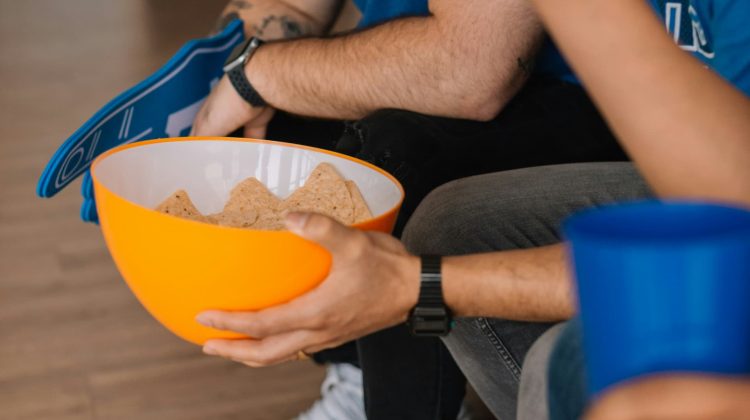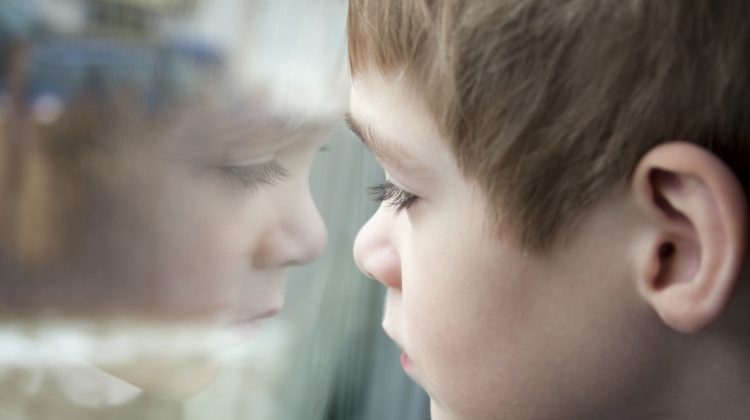Flu season is here and if you haven’t already, you’ll be reaching for your medicine cabinet shortly. If you’re not the one getting sick, then it may be your children. Here’s what you should know about giving your kids cough medicine this season.
A study published by the American Academy of Pediatrics, conducted by researchers in the U.S. Food and Drug Administration (FDA), found that “there were rising patterns of unintentional ingestion of benzonatate in children 0 to 5 years old and intentional benzonatate ingestion in children 10 to 16 years old.”
Benzonatate is a prescription drug that is FDA-approved for children over 10 years old. It helps relieve a dry cough and works within 15 to 20 minutes. The FDA found that the majority of overdoses for children between the ages of 10 to 16 years old were because of exposure to multiple substances. Before you decide to give your child this prescription drug out of care, remember that the majority of accidental overdoses were in children ages 0 to 5 years old.
Signs and symptoms of overdose can show after 15-20 minutes of ingestion and can appear as tremors, convulsions, restlessness, and cardiac arrest.
Home Remedies to Try for Kids
- Single dose of honey: Many over-the-counter (OTC) cough medicines have adverse effects that can potentially be fatal. Honey can safely be used in children older than 1 years old and has been proven to be an effective, inexpensive, and natural cough suppressant. Proceed with caution as honey can cause infant botulism in children younger than 12 months.
- Try a topical ointment for cough suppression: A topical rub like Vicks Vaporub that has camphor, eucalyptus oil, and menthol may help reduce your child’s cough and allow them to sleep better throughout the night.
- Nasal suctioning with a bulb syringe: Postnasal drip is a common cause of coughing among adults and children. The FDA recommends using this, with or without saline nose drops, as an alternative for infants less than a year old.
- Cool mist humidifier: A cool mist humidifier may help soothe cough and congestion symptoms by releasing moisture into the air. This can loosen and thin mucus allowing symptoms to subside.
How to Prevent and Treat Child Poisoning
Keeping your kids safe is important and the latest data shows us that giving children cough medicine may lead to poisoning. Here are some tips on how to mitigate child poisoning.
- Never refer to medicine as “candy” as it may tempt your child to try other pills which they may confuse as a treat.
- Always read the Drug Facts label for proper dosage — when in doubt, consult your doctor.
- Teach your children about the dangers of taking OTC and prescription drugs.
- Check for age limits as not all OTC medicine is safe for children to consume.
- Keep medicine out of reach from children and ensure they are properly closed and secured in a safe area.
- Never use adult-strength OTC medicine with children.
- Make sure medications don’t overlap if you are giving your child different kinds of medicine to ensure you are not giving them a double dose.
If you believe a child has consumed too much cough medicine you can use the webPOISONCONTROL online tool or call Poison Control at 1-800-222-1222.





No Comment